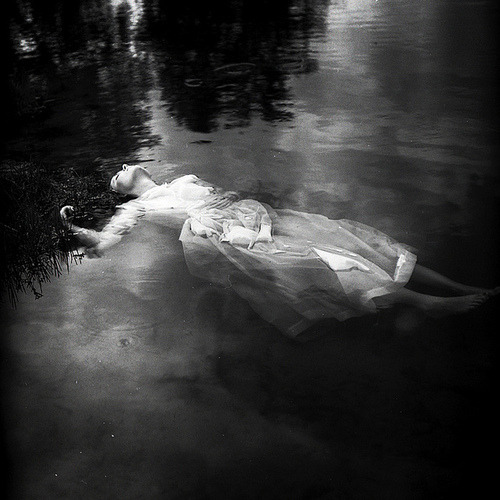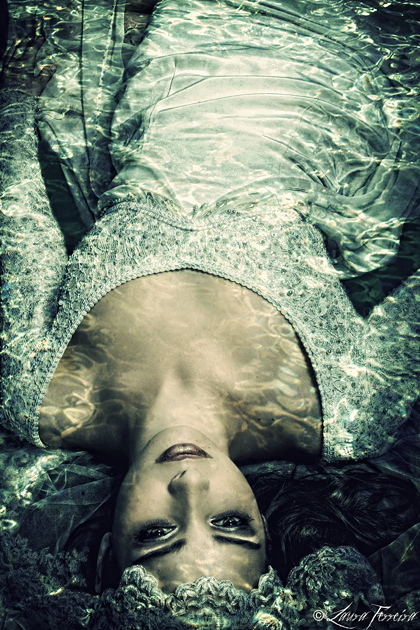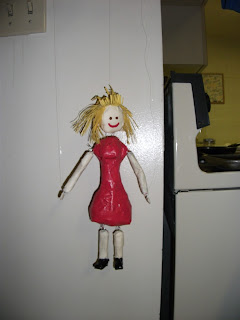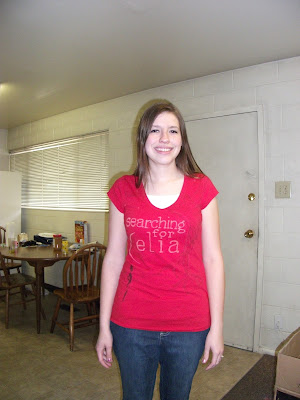This year has been a crazy one for me. I have dealt with some difficult trials in life, including getting sick, which is especially hard when that sickness comes at the most important time of the semester. But along the way I had great family and friends for support,
found and married my prince charming, and had an awesome professor who was very understanding. These are some of the things I have learned from my Engl 382 class and through my participation in the Engl 295 class (which I took myself during Spring 2011 and loved, hence the return for more of Dr. Burton's learning through technology methods):
Phase 1, Paper: Brainstorm, Ponder, Listen, Plan, Action
While reading multiple works of Shakespeare,
which I lacked a love of, I began to think, "What am I going to write about in my research paper?" My brainstorming was not as successful as it could have been, until I read a
Manga (or Western Graphic Novel, depending on who you ask) version of Hamlet. I saw two pictures showing Ophelia drowning that were quite haunting and intriguing. One of my roommates was quite interested in Manga, so I
talked with her about it. Another roommate chimed in about another picture of Ophelia, which I viewed and found just as interesting. The idea hit me,
"Why not write about Ophelia?" Then, true
brainstorming began of what angle I wanted to take on Ophelia since there are many views of her character and her drowning. I found different ways to explore Ophelia through
academic research papers, along with
multiple media formats. Then, I wrote and finished my
paper. That was the end of phase one. Before you could blink, the PROJECT began. Dr. Burton suggested some ideas in my
interview with him, one of which stuck: comparing the rigid format of the research paper to the control the men in
Hamlet had over her thoughts, words, and actions.
Phase 2, Project(s): Brainstorm, Ponder, Listen, Plan, Action
Since I was unable to complete all the requirements for my class, I returned to participate in the Engl 295 class that I had taken during spring 2011. Dr. Burton had helped me brainstorm an idea, and I went with it. After thinking about how I could show the ideas I was thinking about, I came up with two projects: creating a
puppet show to show the
aspect of control over Ophelia and turn my traditional academic research paper into an eBook or presentation to show how media could add value to the ideas expressed in my paper and engage the reader more fully in my ideas. I had the pleasure of working with
Alan Hickey and
Jen Winterton in a cohort where we were able to help each other more fully develop our ideas. Three great experiences with this group was meeting together at the JFSB to exchange ideas and get input from one another, trying Google+ Hangout in order to talk about our ideas again, which turned into an eye-opening experience (we made it public and suddenly our conversation was overrun with people, one man being really interested in Alan's thoughts on
1984, by George Orwell), and being able to use a Google Doc to keep each other updated on our class discussions when a member of our cohort was unable to make it to class. The Google Doc was also a great tool to quickly share interesting research we had found for one another. Google+ has become a great tool in order to share my ideas on Ophelia and to share my own blog posts and view the blog posts of my fellow classmates. It was neat to have that stream of posts and information right there, waiting for my mouse click. :) With my presentation, I added many different mediums, some of them being my own work (see previous posts:
animation,
poem 1, and
poem 2), to my Prezi Presentation to add creativity in order to help spark interest in my ideas. As, I worked on my
Presentation through Prezi, I got great feedback, and reformed it in order to make it a better experience for my reader/viewer. Many classmates have been excited for my
puppet show, and I documented the
process of creating the characters to increase the level of anticipation. Everything began to come together for both projects, which was greatly because of the help of those in my class, those who have been reading my posts, and Oliver AhMu (my husband) who helped make everything possible through his help and support. :) Thank you all!
p.s. The Puppet Show will be posted soon and will also be found in my Prezi Presentation!
























